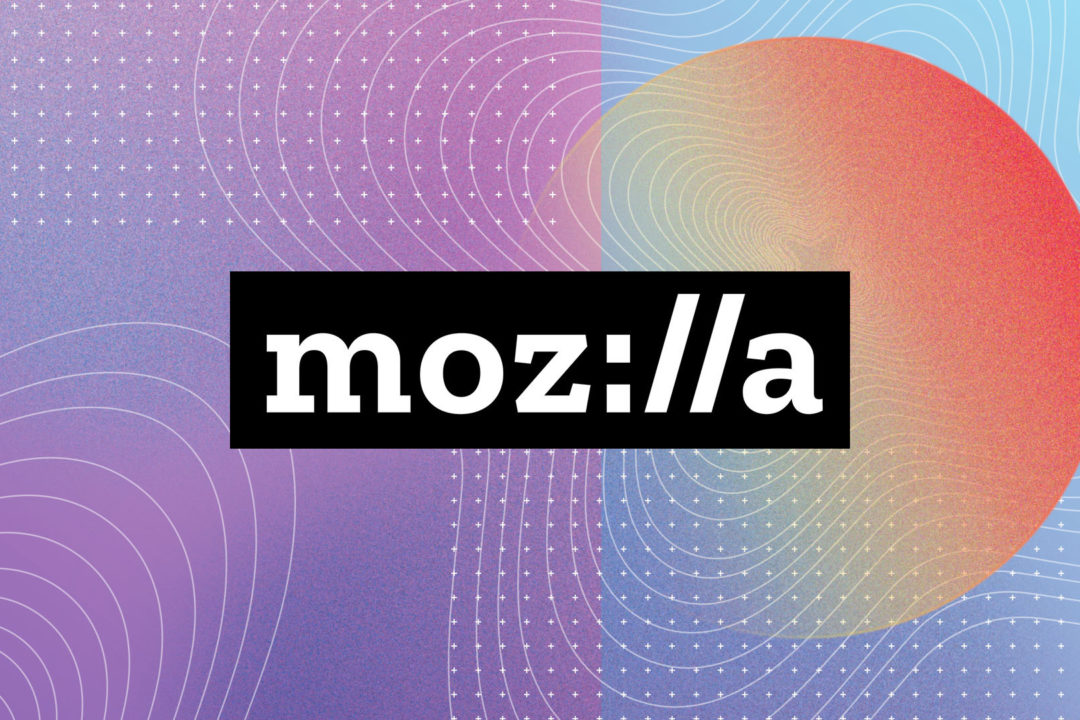- cross-posted to:
- [email protected]
- cross-posted to:
- [email protected]
our expanded focus on online advertising won’t be embraced by everyone in our community
you don’t say
Targeted ads should be illegal.
Contextual ads are a compromise I would accept. That is, you can buy ads based on the page content, but not the viewer details. So if I’m looking at a website about bikes, you can have bike ads on there. You don’t need to know I’m a xx year old living in zip code 10001. That’s how ads worked for like decades (centuries?). It’s fine.
Yeah screw these guys, I’m going back to chrome!
But really, relax guys. Ads are the only way to run a profitable browser business. Change my mind. Any paid solution won’t get the scale to make the numbers work.
Why do you think a web browser needs to make money?
I’m honestly not against this. I know a lot of people will be furious with Mozilla about doing anything related to advertising, but as the article says:
And, for the foreseeable future at least, advertising is a key commercial engine of the internet, and the most efficient way to ensure the majority of content remains free and accessible to as many people as possible.
We may dislike ads, but the vast majority of internet users are not going to engage with content that requires you to pay up front. Creators and journalists need money to survive, and currently, ad-supported viewing is necessary for that to happen.
Instead of just hoping that advertising somehow goes away, I’m glad that Mozilla is working on ways for ads to exist without mass individual user tracking. I wish it wasn’t necessary, but wishing won’t change the world.
Creators and journalists need money to survive, and currently, ad-supported viewing is necessary for that to happen.
The only way out of this is to block advertising. I, personally, think that you should not have a website if you can’t pay for it yourself, but the only acceptable kind of website income is a paywall. If you just have “better advertising”, advertising will never go away. And I hate ads.
Consider this: every website where you block ads is now inaccessible to you. How did that belief work out?
And if everyone blocked ads and couldn’t see sites that insisted on advertising, how would that work out for the websites?
Totally fine. That website does not at all benefit from your presence if you’re not paying them in any way (unless it’s a social media website).
I, personally, think that you should not have a website if you can’t pay for it yourself
You might want to consider how expensive web hosting can be, depending on the content and traffic. A belief like that can shut out a huge portion of the world from being able to even bother with a web site. Even a simple blog can get very expensive due to traffic. Maybe not expensive enough for your average 1st world individual… But that still excludes a large portion of the population with internet access.
So? Is anyone who can’t afford one legally obliged to have a website?





